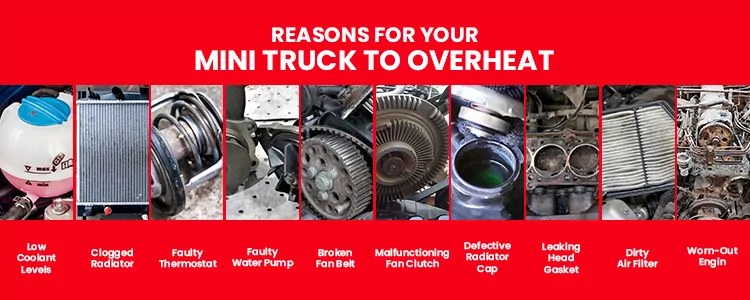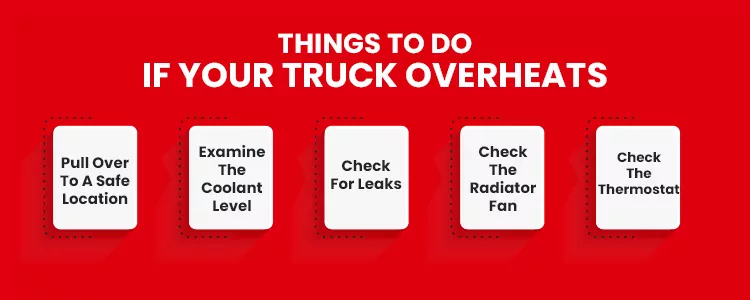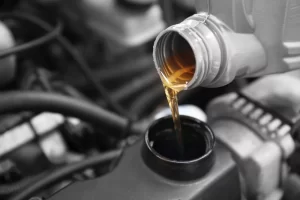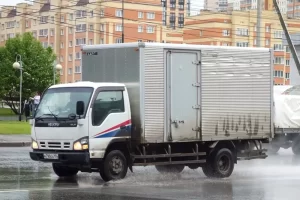REASONS FOR MINI TRUCK OVERHEATING
Top Reasons Your Mini Truck May be Overheating
Mini trucks are a great addition to any fleet or personal collection. Generally, these efficient and compact trucks are ideal for various uses. However, like any other vehicle, used mini trucks can experience mechanical issues that can disrupt your operations.Undoubtedly, an overheating truck is something anyone faces at one time or another. It begins as a small problem but can quickly become a nuisance if you don’t pay attention. As a result, we have covered the reasons of overheating as well as ways to avoid it in order to assist you in operating your truck efficiently.
What Does Overheating Mean?
Why Is Overheating A Cause Of Concern?
Overheating is concerning because it can significantly damage the vehicle’s engine. If the engine operates at higher temperatures for an extended time, it can cause the components to crack, warp, or even seize. Moreover, overheating can also cause damage to the engine’s head gasket, resulting in leaks and further complications.In addition, overheating can sometimes cause complete failure, leading to costly repairs or an engine replacement. Furthermore, overheating increases fire risk or can cause other safety hazards. Therefore, it is crucial to address overheating issues promptly.
Top 10 Reasons For Your Mini Truck To Overheat

Low Coolant Levels
The coolant system regulates the temperature of your mini truck’s engine. Moreover, low levels can lead to overheating as the engine will not receive the required cooling. As a result, you must frequently check your coolant levels and top them off as needed.
Clogged Radiator
Faulty Thermostat
Faulty Water Pump
The water pump is in charge of moving coolant around the engine. If it is defective or not working properly, it will not adequately circulate the coolant, resulting in overheating. A mechanic can identify and fix any problems with the water pump in your mini truck.
Broken Fan Belt
Malfunctioning Fan Clutch
Defective Radiator Cap
Leaking Head Gasket
Leaking Head Gasket
Worn-Out Engine
Like any other vehicle, mini trucks have a limited lifespan. Hence, if you don’t properly maintain your tiny truck and it has high mileage, it could be more susceptible to overheating. In that case, it’s more cost-effective to replace the engine.
At Minitruck Imports, We Offer A Large Selection Of High Quality Used Japanese Mini Trucks With Affordable Prices
Tips To Prevent Overheating
Now you know why your mini truck may be overheating. To avoid this, you can immediately implement the following preventive measures.
Regular Maintenance
In order to keep your micro truck operating smoothly and effectively, regular maintenance is essential. This includes regular oil changes, filter replacements, a coolant system, radiator, and fan belt inspections.
Replace The Thermostat
If the coolant levels are also normal, a malfunctioning thermostat is frequently to blame for overheating. You can replace the thermostat to avoid the issue.
Check The Radiator For Debris
Regularly inspecting the radiator for debris and contaminants can prevent clogs and reduce the risk of overheating. So, make sure the radiator is clean at all times.
Replace The Fan Belt
If you notice any cracks or signs of wear on your mini truck’s fan belt, it is best to replace it. A broken fan belt can lead to overheating and costly engine repairs.
Replace The Radiator Cap
Replacing a defective radiator cap is a simple solution to overheating. The radiator cap maintains the pressure in the coolant system, so it is essential to ensure it functions correctly.
Check For Leaks
Leaks in the coolant system can lead to low coolant levels and overheating. Regularly inspecting your mini truck’s coolant system for leaks can prevent this issue.
Replace The Air Filter
A dirty air filter can restrict airflow to the engine, leading to overheating. Regularly replacing the air filter can prevent this issue.
Use High-Quality Coolant
Using high-quality coolant can prevent corrosion and prolong the life of your mini truck’s engine. It is essential to ensure you use the recommended coolant for your mini truck.
Replace The Engine
If your mini truck’s engine is worn out, perhaps it is time to replace it. Replacing the engine can prolong the life of your mini truck and prevent costly repairs.
What To Do If Your Truck Overheats?
You should take immediate action if you find your truck overheating. It will prevent further damage. However, in case of overheating while you’re driving, the following tips can help you:

Pull Over To A Safe Location
Examine The Coolant Level
Check For Leaks
Check The Radiator Fan
Check The Thermostat
The Concluding Word
Related Posts

WHAT IS THE GAS MILEAGE OF HONDA ACTY
WHAT IS THE GAS MILEAGE OF HONDA ACTY What Is the Gas Mileage Of Honda Acty This article will discuss

HOW OFTEN TO CHANGE DIESEL OIL OF MINI TRUCK
HOW OFTEN TO CHANGE DIESEL OIL OF MINI TRUCK How Often To Change Diesel Oil Of Mini Truck If you

JAPANESE MINI TRUCK VS CHINESE MINI TRUCK
JAPANESE MINI TRUCK VS CHINESE MINI TRUCK Comparison Of Chinese And Japanese Mini Trucks Mini trucks are becoming increasingly popular,
